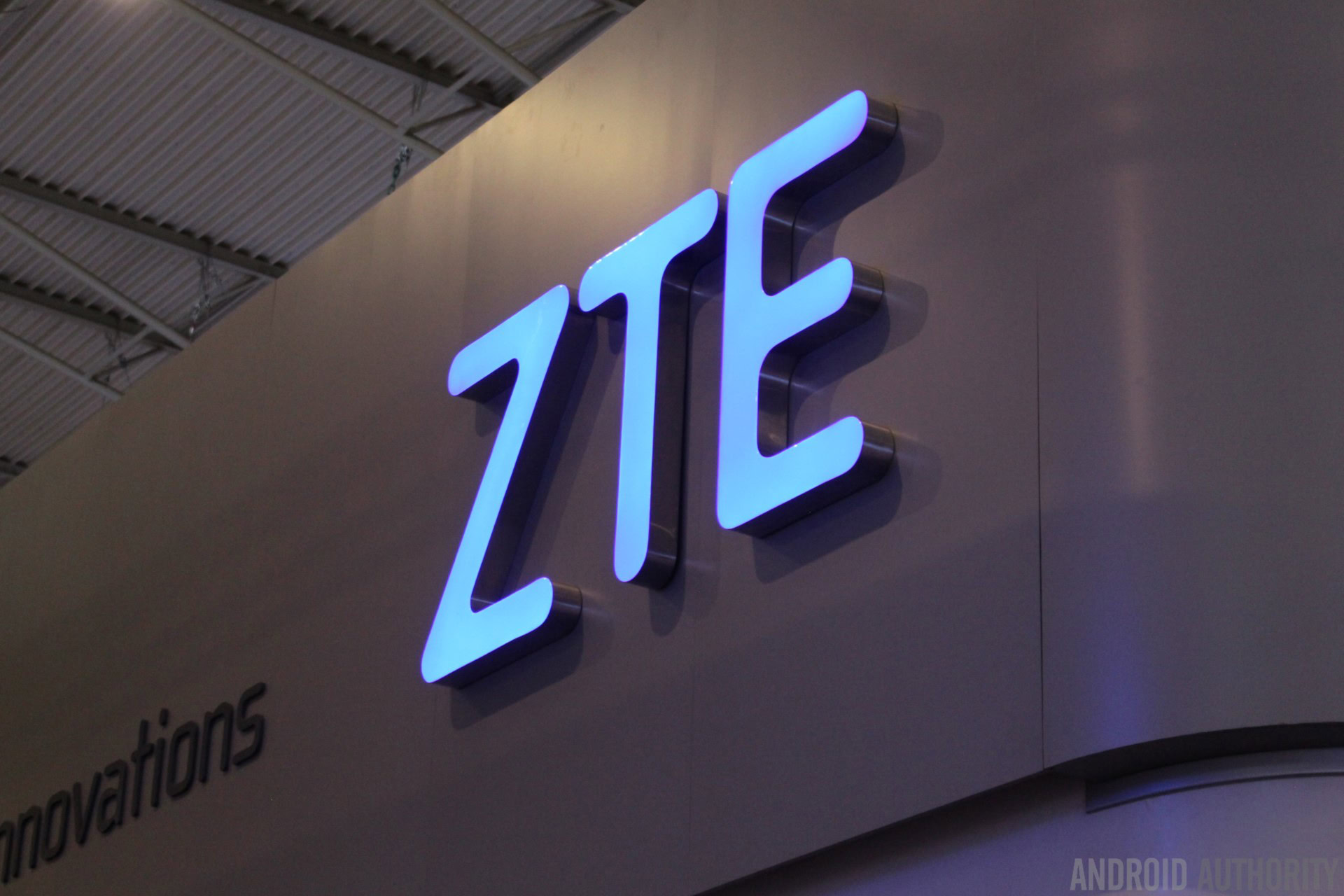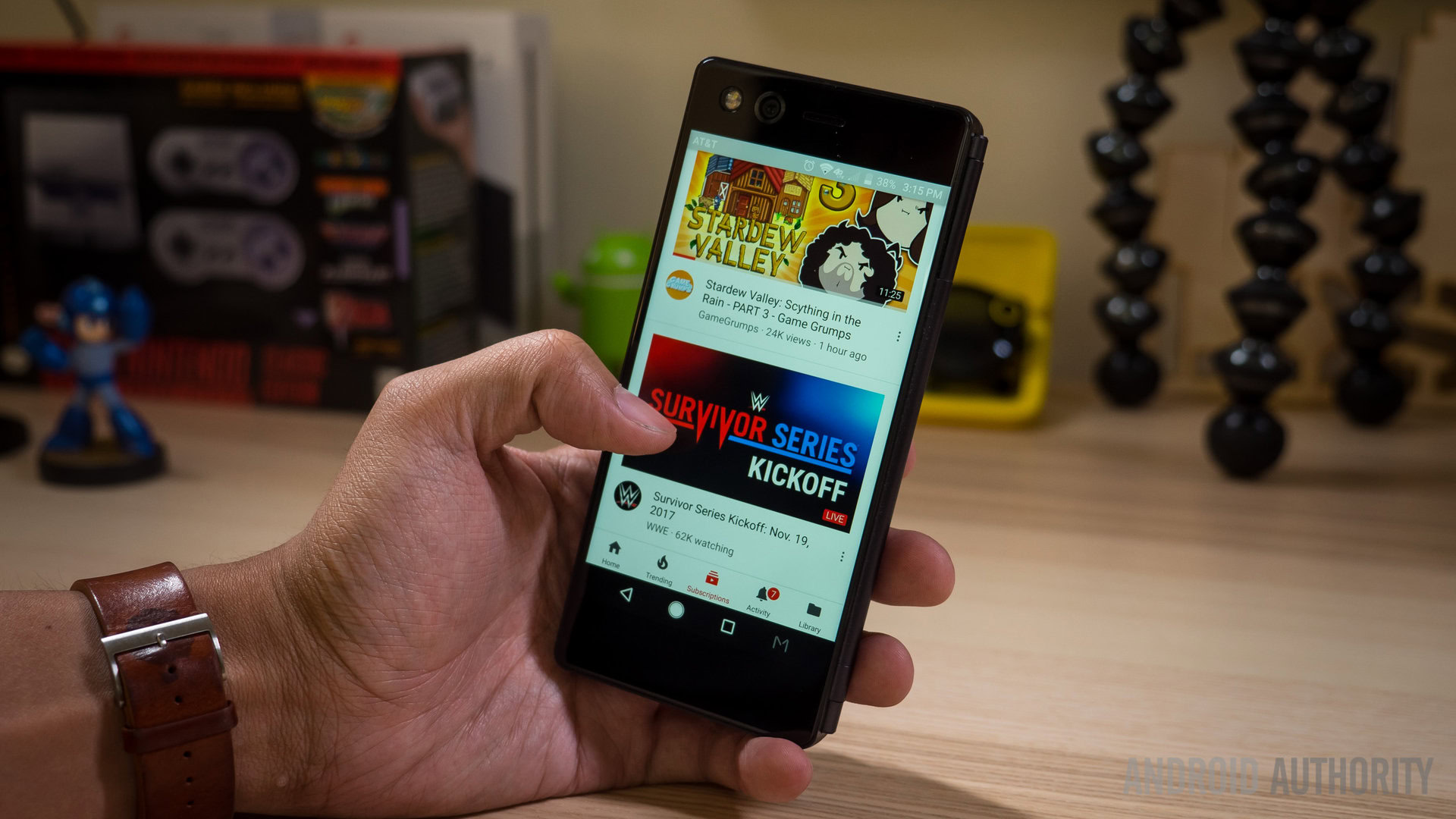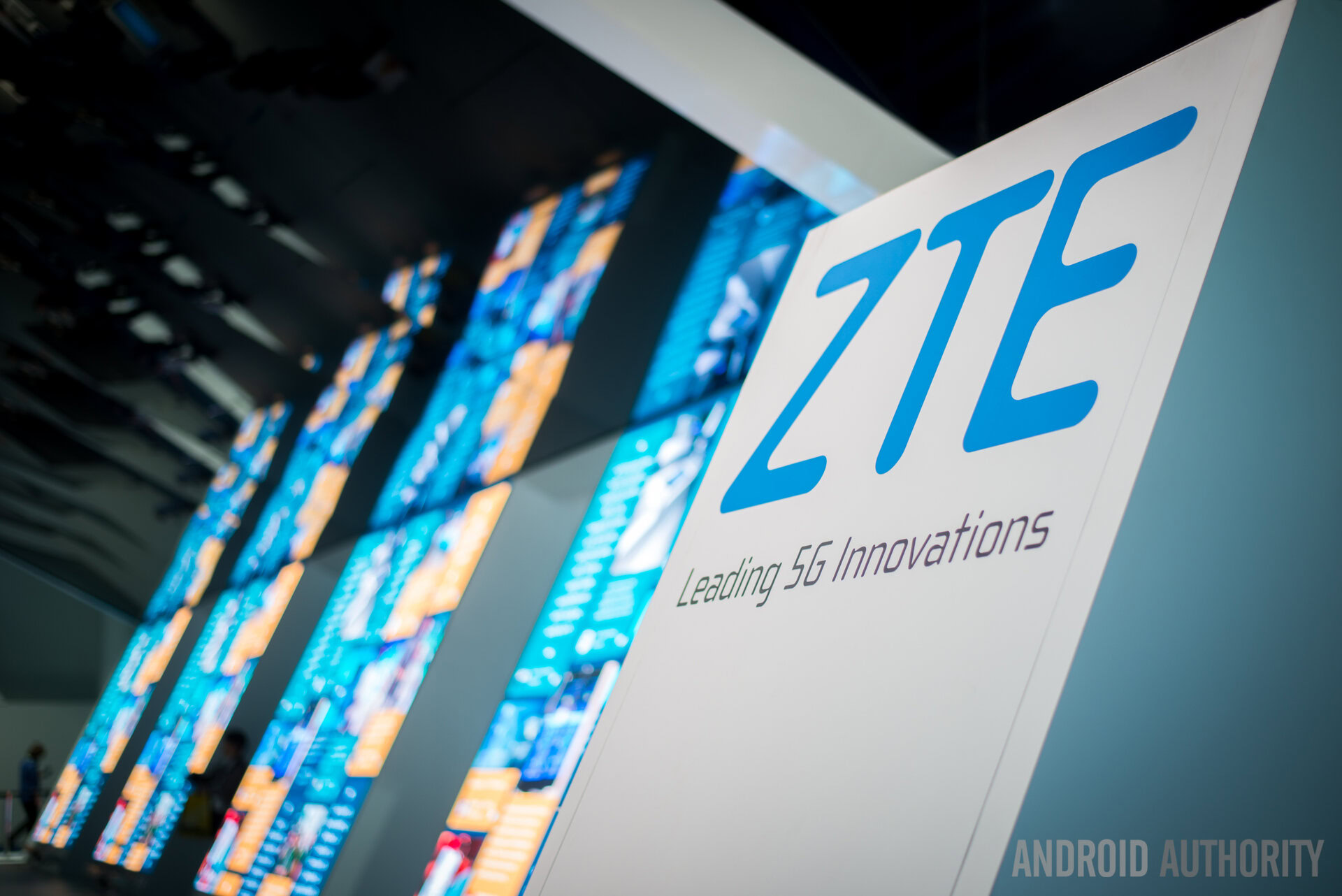Affiliate links on Android Authority may earn us a commission. Learn more.
ZTE calls ban “unfair,” but what can it do now?

ZTE’s response to the U.S. technology ban came through on Friday morning, with the company stating that the U.S. Department of Commerce’s action was unfair.
China’s second-largest telecom firm said that the ban handed down by the Bureau of Industry and Security threatens its survival, and committed to “take judicial measures to protect the legal rights and interests of our Company, our employees and our shareholders, and to fulfill obligations and take responsibilities to our global customers, end-users, partners and suppliers.”
“The denial order will not only severely impact the survival and development of ZTE, but will also cause damages to all partners of ZTE including a large number of U.S. companies,” said the company.
ZTE’s response reads a little more like pleading than a riposte. It includes details that shows just how much it did in response to the “lessons” learned after breaching the Export Control Compliance order, which saw the company illegally sell telecommunications equipment with U.S. hardware and software from Qualcomm, Intel, IBM, Microsoft, and others, to Iran and North Korea. It then failed to meet the terms of agreed sanctions after the breach was discovered.
The company’s statement said:
“It is unacceptable that BIS insists on unfairly imposing the most severe penalty on ZTE even before the completion of investigation of facts, ignoring the continuous diligent work of ZTE and the progress we have made on export compliance.”
As the Register put it, ZTE even went as far as noting they use software from German-based enterprise company SAP to ensure compliance.
What next?
Opinion is split on what will happen to ZTE. At least one intelligence firm said the company will file for bankruptcy, while an investment bank suggested that ZTE ‘has a shot’ at negotiating the ban away. Either way, ZTE is likely to involve the Chinese government in a mediation process.
The timing is suspicious
The timing of the action against ZTE hasn’t been missed. U.S. President Donald Trump’s trade war with China has begun, although any tariffs are on hold as both sides negotiate, and hear from lobbyists.
U.S. President Donald Trump’s trade war with China has begun, and the timing of the action against ZTE hasn’t been missed.
While the original ZTE affair predates the Trump administration, the timing of the ban does look more than coincidental and plays into the hands of U.S. negotiators. Now the U.S is able to hold ZTE’s U.S. supply chain as a possible chip to be played, should China be willing to cede ground itself.
Coincidence? Fortunate timing? Or careful, coordinated, and just action?
Broad consequences
In the looming mess is Qualcomm waiting for Chinese regulators to approve its takeover of Dutch semiconductor company NXP. The San Diego-based company was forced this week to withdraw its application for approval and resubmit, extending the deadline for a decision on the purchase until July, 2018.
The China Council for the Promotion of International Trade noted today as well that international corporate compliance is a significant risk for Chinese companies hoping to assert themselves on a global scale.
“We can see compliance risk has become a core risk for Chinese firms that join international competition,” the trade body said in a document spotted by Reuters. The body noted themselves that the United States removing the order entirely would be “unrealistic”.

It’s not quite U.S. vs them
ZTE is right to point out the impact this will have on U.S. companies, along with consumers across the globe. Android Authority has been asked numerous times across our channels as to what will happen with ZTE smartphones already purchased. It’s not entirely clear what will happen with Android, but if ZTE was to collapse, it would spell the end of any meaningful updates and likely support for existing devices.
Less competition is never a good thing for consumers hoping to get more for their dollar
We’ve said it in the past — long before ZTE was hit with this sanction — banning or locking out companies like ZTE and HUAWEI has consequences for U.S. consumers and companies. Less competition is never a good thing for consumers hoping to get more for their dollar, and ZTE holds 12% of the smartphone market in the U.S. Their phones offer superior value for money. Quite fairly, ZTE became the most successful Chinese smartphone maker in the U.S. and the fourth largest in the country. They’re also one of the only Chinese brands to supply a carrier in the Japanese market, offering rare competition to Apple, Samsung, and Sony.

Indirect effects
In terms of supplying carriers, it’s ZTE’s influence in research and development, including essential 5G technologies, that carries the most significance. ZTE is a major player in telecoms and the 5G market, filing more patents than anyone else in 2016, and holding more than 1,500 5G-related patent applications (even before 2017’s patent applications are included). The company employees 30,000 people in research roles.
its not just ZTE, carriers around the world will also suffer if this ban passes
ZTE also holds three editor seats in a body overseeing key 5G specifications, and has been leading the world’s 5G testing, working with the likes of China Mobile, Deutsche Telekom, Telefonica, Qualcomm, Baidu, and other industry players. While the U.S. was likely to do without ZTE anyway, carriers around the world will suffer. And that gets passed on to consumers.
Stuck in limbo
In short, ZTE is hobbled, and consumers, carriers, and supplies are in limbo until we see more certainty. The next big announcement will be to the Hong Kong and Shenzhen stock markets, where ZTE will self-assess the repercussions and likely outcomes.
For now, ZTE smartphones remain on sale throughout the U.S. and haven’t been slashed in price — yet. The company may be able to appeal to ban within 30 days, although it appears that an appeal would have to be approved by the same U.S. agency that issued the ban. It’s thorny, and no doubt some lawyers are rubbing their hands together over some billable hours coming their way